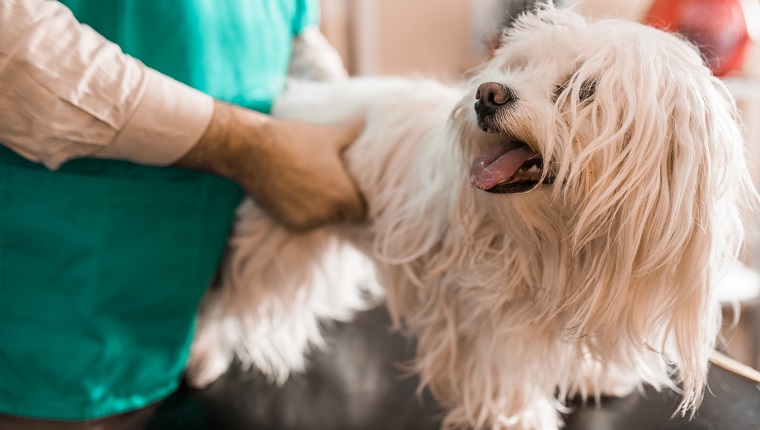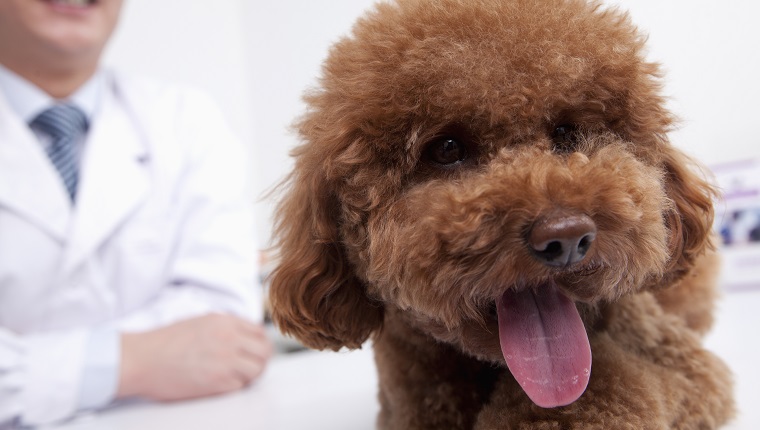Coughing in dogs, also referred to as tussis, is something that all canines will naturally do from time to time when there’s some sort of irritation in their airway.
But a cough, especially when it is persistent, can also indicate a more serious underlying respiratory or cardiovascular issue.
If you see signs that your canine coughs persistently or more than usual, then you must consult your veterinarian for a proper diagnosis and advice. Here’s what you should know about the symptoms, causes, and treatments of coughing in dogs.
Symptoms Of Coughing In Dogs
Coughing in dogs can produce a number of symptoms. Some of the most common symptoms include:
- Dry cough or hacking
- Cough with blood or mucous present
- Vomiting
- Collapsing
- Losing weight
- Shying away from exercise
Causes Of Coughing In Dogs

Dogs usually cough as a response to some sort of irritation or blockage in the airway. It is natural and a way of clearing out the issue.
But when a dog coughs a lot, the condition might be caused by more serious issues, including:
- Allergies
- Heart disease
- Aspiration pneumonia
- Lung disease
- Some sort of foreign body stuck in the respiratory tract
- Respiratory tract infections (viral, parasitic, or bacterial)
Veterinary Treatments
If your dog might is coughing persistently or more than usual, your veterinarian will want to ask about their full medical history and pay special attention to any recent situations or circumstances that could have caused the cough.
Ideally, you will be able to give your vet a detailed account of the frequency and extent of your dog’s cough, so if possible, takes notes as you observe your dog.
Your vet will want to try to work out whether your dog’s cough is classified as productive or non-productive, with the former typified by producing mucous and the latter usually associated with a dry cough.
Vets will often carry out blood work for a dog with a cough. This is to look for signs of an infection or allergies. Additionally, your vet might try to take a closer look at your dog’s upper respiratory tract.
Treatment focuses on identifying and targeting the underlying cause. In the most severe cases, dogs might need a spell of hospitalization; although, vets might successfully treat milder cases with medication that can suppress the cough.
As ever, if your vet prescribes your canine any medicine, it is vital that you stick to the precise frequency and dosage instructions and complete the full course of medication.
In general, dogs recovering at home should keep up regular appointments with their vet to properly monitor the condition and ensure that the underlying cause is not in danger of returning.
Has your dog ever had a persistent cough? Did your vet help you figure out what was causing it? Tell us all about it in the comments below.




